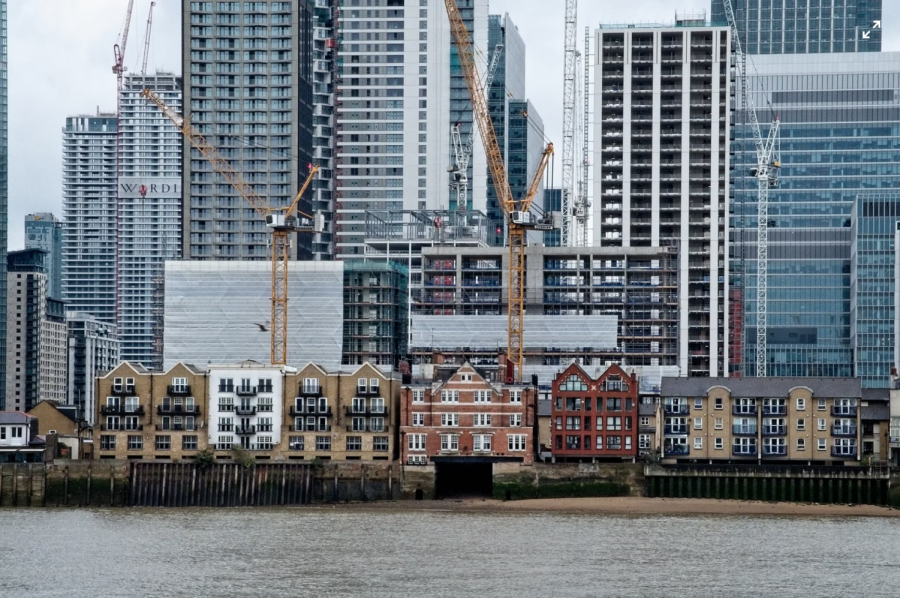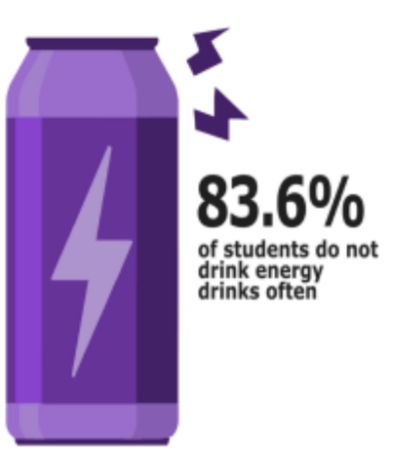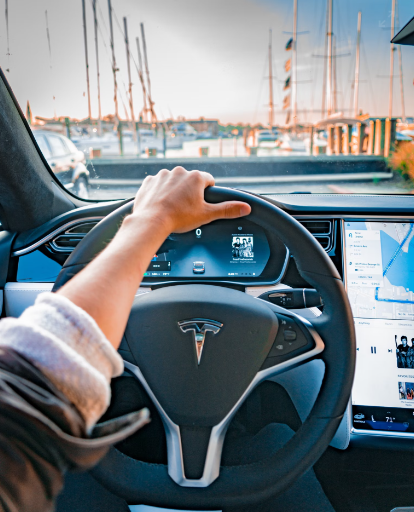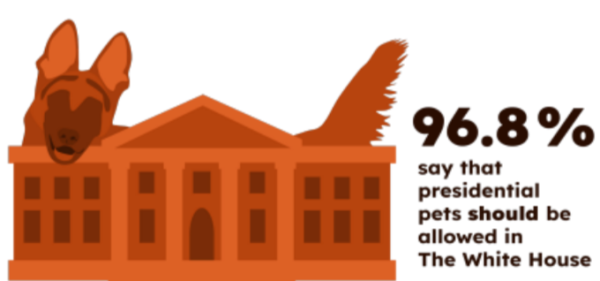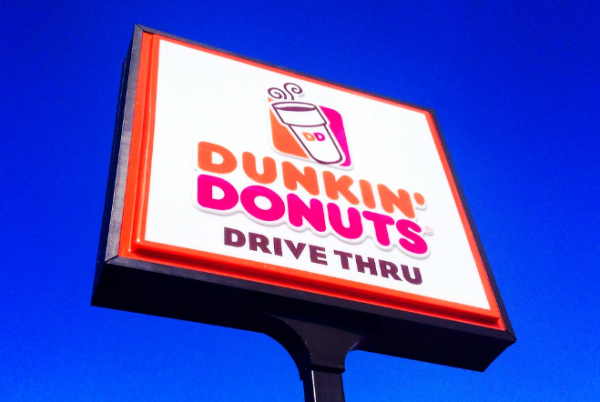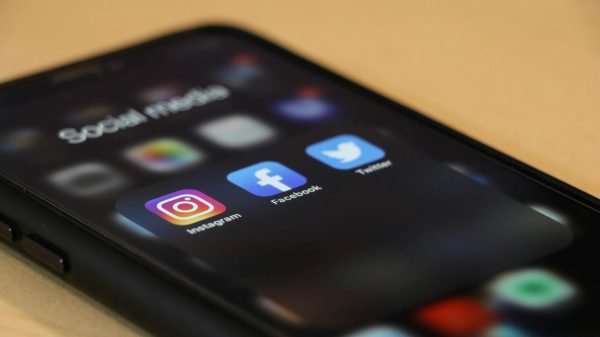Negative side effects of millennial gentrification
UNSPLASH PHOTO COURTESY OF Miguel A. Amutio
Millennial gentrification is causing some lower income families to lose affordable food and housing. https://unsplash.com/license
November 24, 2021
Gentrification is a problem that affects struggling towns by raising prices and commercializing the city. In a study done by the National Community Reinvestment Coalition, more than 135,000 people were displaced between 2000 and 2012 as a result of gentrification. With millennials maintaining this gentrification of cities, the situation is not improving.
The main issue with this situation that’s causing these problems is that wealthier people invade underprivileged communities claiming to improve the neighborhoods, but in reality use these changes as a business tactic. It’s a way for business people to show their power in influencing and commercializing cities, which is an important value that some businesses search for when they’re looking to grow their company. Gentrification has made these new, affluent communities with low crime rates, economic improvements, and commercial development that change the city completely as a whole. Unfortunately, this causes lower income families to lose their homes and some of the necessities, like affordable food and housing, that they relied on for years. When all of the poorer citizens get flushed out, cities start to gain some commercially better qualities, such as clean and promotional places that businesses would be able to invest their plans into.
Millennial gentrification has to do with millennials moving into these kinds of neighborhoods with low pricing and large amounts of violence, helping the wealthier people make the area a commercial city rather than a normal neighborhood. Many would think they would not be able to pay these high tax rates, however, they have found a way to afford these commercial cities. According to a study done by The College Investor: Investing and Personal Finance for Millenials testing how much financial independence millennials had, 64 percent of millennials said they still depend on their parents for financial support. This aspect is important because they’ve found an easier way to pay these high prices and allow for these business people to take over these communities. Businesses that are looking to expand across the country use these cities for their benefit, which pushes poor people within the community out and completely transforms the city.
Considering everything that’s been learned throughout this piece, gentrification is a huge problem in society that affects people on a daily basis and it needs to end. Without affordable housing, lower income citizens will eventually be forced to be homeless, a problem that is already plaguing the United States. From a study that took place in 2020, an estimated amount of about 553,752 people are homeless. With this impending amount of millennial gentrification, it will only worsen the conditions for people in and out of these neighborhoods. It’s imperative that the amount of commercial cities be contained to a certain extent and allow for some normal towns to exist.
As someone who potentially wants to move into a city, like New York City, I’m concerned for the environment that I’m stepping into. It is somewhat selfish for the businesses to invade these cities and completely flip them upside down. I understand that they need to do their job and what they think is best for their business, but to take away homes and basic necessities from other citizens just for what you want seems a little unfair.
Overall, millennial gentrification and gentrification, in general, is a damaging idea that could potentially lead to homelessness for the less fortunate.



